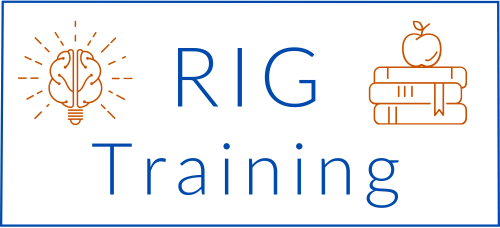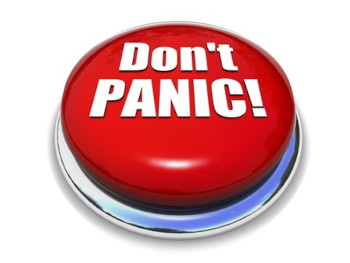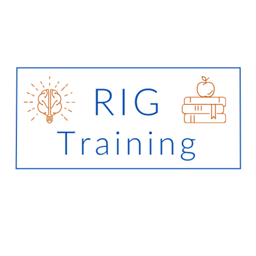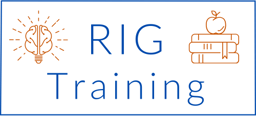Researcher Riddle: new course on paper mills
Published in Healthcare & Nursing, Astronomy, and Social Sciences

Paper mills are frequently in the news at the moment, with a lot of evidence that, despite the efforts of many groups in the publishing industry and beyond, the problem is far from decreasing. In fact, this recent Nature news piece suggests a steady upward trend for paper mill content in the published literature. Clearly, more needs to be done, but how? To support authors and researchers to avoid this issue, the Springer Nature Research Integrity Group (SNRIG) Training team has released a new course designed to raise awareness of what paper mills are and why using them is a very bad idea.
As a quick summary, paper mills are fraudulent companies which sell authorship on poor-quality or fabricated scientific manuscripts. They can also manipulate the peer review process by providing fake reports and may try to bribe or impersonate editors. From an integrity perspective, it can be difficult to understand why any author would choose to use one. Even if a manuscript makes it through to publication, there is now a plethora of sleuths and data investigators who are likely to spot a fraudulent paper and expose it publicly. Despite this, the short-term temptation seems to be strong for many individuals. So, what would you do if you faced this situation?
As a researcher, your work has gone horribly wrong. You need a publication in order to get a new role after your current work is done, but it looks like you are not going to get any interesting results from your research. What could you do?
A: Give up your work, move to an isolated island and never think about the entire topic ever again
B: Try and get a publication in a journal which published negative results
C: See if you can create a methodology article
D: Submit an article to a journal which considers all sound science
E: Use a paper mill for the publication you need
F: Assess if any of the work can be tweaked and redone in the timeframe available
G: Adjust the data so that your results become significant

The correct answers here could be B, C, D or F, depending on the exact situation.
Ultimately, the only really wrong answers here are E and G, which would both be breaches of integrity standards and could result in your work being rejected by a journal (and possibly reported to your institution) or exposed during post-publication assessment. Using a paper mill is a likely to cost a lot of money and result in only a terrible quality manuscript which will probably be rejected, only accepted in a predatory journal, or flagged post-publication and retracted. Adjusting the data constitutes unethical manipulation and can result in serious consequences for both you and the scientific literature. Option A is not unethical by any means but would usually be a considered a bit of an over-reaction!
The best course of action when things go wrong is likely to depend on the exact nature of the problem and the time available to solve it. The advice of a trusted colleague, mentor or supervisor may help. Good options include:
- assessing your existing work for legitimate publications, whether focussing on the results (e.g. to try to get published in a journal that accepts science with negative results or accepts all sound science), the methods, or even alternative article formats that fit your field;
- assessing the possibility of redoing some of the work with revisions, if time and resources allow.
New course: Avoiding paper mills as an author
The SNRIG Training group has developed a new course, “Avoiding paper mills as an author”, which is aimed at researchers and authors who may be facing this exact situation, or one like it. Some authors may not be fully aware of the consequences of using paper mills and may think they are a reasonable solution to their problems. Others may be perfectly aware that paper mills breach integrity standards but still consider using one to achieve a short-term goal. To provide clarity and prevent these misconceptions, this course covers:
- what paper mills are and how they operate
- the consequences for both the individual and the literature of using one
- better options if work goes wrong.
Please do take this free course and share it with any colleagues who may find it useful!


Please sign in or register for FREE
If you are a registered user on Research Communities by Springer Nature, please sign in